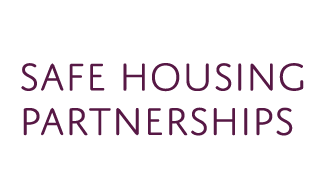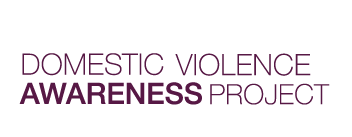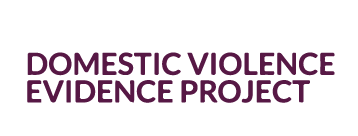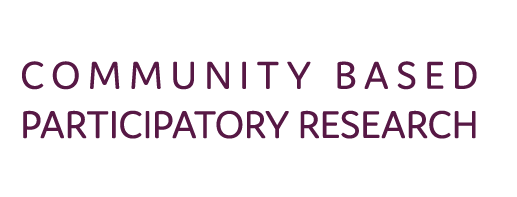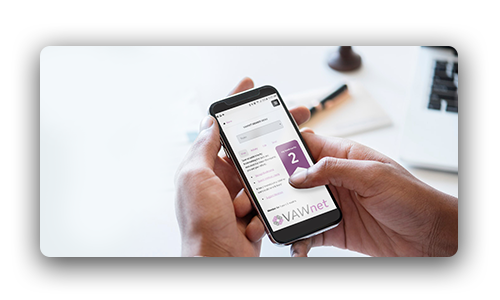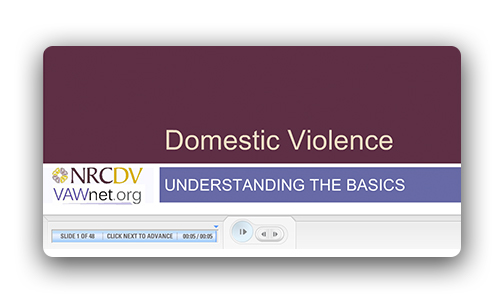 NRCDV is committed to building the capacity of individuals, organizations, institutions, and communities to prevent and respond to domestic violence through:
NRCDV is committed to building the capacity of individuals, organizations, institutions, and communities to prevent and respond to domestic violence through:
1. technical assistance,
2. training, and
3. resource development.
Through these three key strategies, we offer accessible approaches, tools, and skill-building opportunities to those who wish to expand their capacity to do this work and create and sustain transformative programs. NRCDV’s projects and key resources with a particular focus on capacity building and education are included here. For more information, be sure to access our Technical Assistance and Training & Events pages.
A project of the Domestic Violence and Housing Technical Assistance Consortium, Safe Housing Partnerships addresses the connections between domestic and sexual violence and safe, affordable housing. Safehousingpartnerships.org is a collection of strategies, resources, case studies, reports, and statistics that providers and advocates can use to enhance services and better meet the needs of survivors who are or are at risk of becoming homeless.
For over two decades, the National Resource Center on Domestic Violence has operated VAWnet, an online library focused on domestic violence and intersecting issues. VAWnet.org has long been identified as an unparalleled, comprehensive, go-to source of information and resources for anti-violence advocates, human service professionals, educators, faith leaders, and others interested in ending domestic and sexual violence.
The Adult Children Exposed to Domestic Violence Leadership Forum (ACE-DV), comprised of advocates who identify as having experienced domestic violence in childhood, was established to amplify the voices and experiences of ACE-DV to enhance our work to end domestic violence. The ACE-DV Speakers Initiative is an effort to connect with and support survivor speakers in sharing their experiences of childhood exposure to domestic violence publicly.
The Community Based Participatory Research Toolkit (CBPR) is for researchers and practitioners across disciplines and social locations who are working in academic, policy, community, or practice-based settings. In particular, the toolkit provides support to emerging researchers as they consider whether and how to take a CBPR approach and what it might mean in the context of their professional roles and settings. Domestic violence advocates will also find useful information on the CBPR approach and how it can help answer important questions about your work.
Runaway & Homeless Youth and Relationship Violence Toolkit
The RHY Toolkit was developed by and for advocates in the runaway and homeless youth (RHY) and domestic violence and sexual assault fields to help programs better address relationship violence with runaway and homeless youth.

